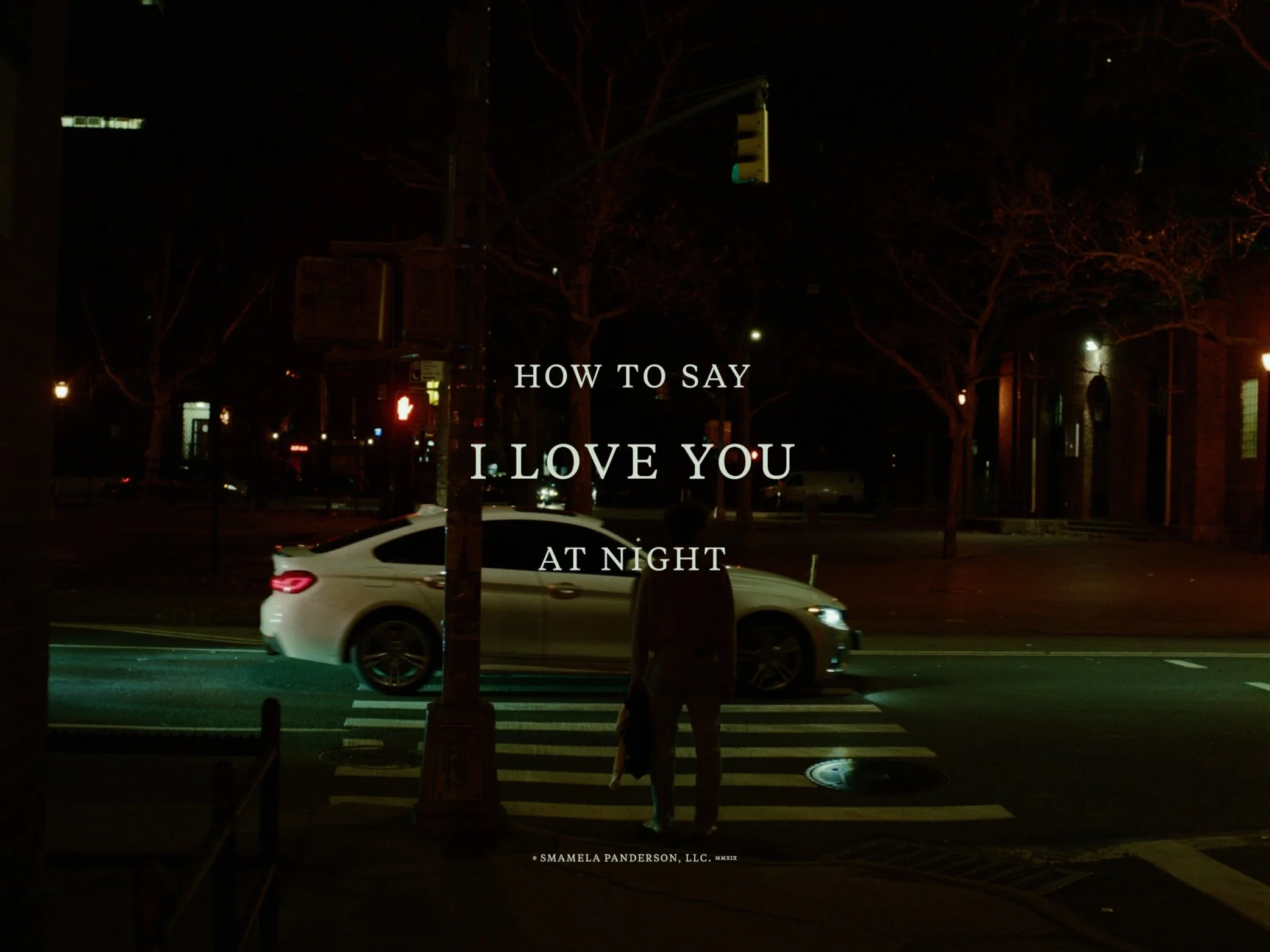How to Say I Love You at Night
(16:30)
When Paul (Chris Petrovski) refuses to leave, Benny's (Mat Vairo) easy night of sex and drugs takes a strange turn in this sixteen minute single take film exploring notions of male-on-male intimacy, sexuality and violence.
https://www.imdb.com/title/tt10180882/?ref_=fn_al_tt_1
SCREENINGS AND AWARDS
FlickerFest Australian International Short Film Festival— Official Selection, International Premiere
Manchester International Film Festival — Official Selection, UK Premiere
Goa International Film Festival — Official Selection, India Premiere
International Shorts Film Festival — Official Selection, Best LGTBQ Film, Melbourne
Palm Springs International Film Festival, ShortFest — Official Selection, California Premiere, in competition, SPECIAL JURY PRIZE NOMINEE
OutFest LA — Official Selection, ENCORE WEEK FEATURE, HONORABLE MENTION — BEST PERFORMANCE US NARRATIVE FILM
New Jersey International Film Festival — Official Selection
deadCenter Film Festival — Official Selection
InsideOut LGBTQ Film Festival sponsored by Netflix — Official Selection
TallyShorts — Official Selection, Florida Premiere
Way Out West — Official Selection, New Mexico Premiere
Indianapolis LGBT Film Festival — Official Selection, Indianapolis Premiere
Liverpool Film Festival — Official Selection
Tacoma Film Festival — Official Selection
DIRECTOR’S STATEMENT
There’s a violence endemic to love called out by its ability to disrupt our lives in a completely contingent manner. This unexpected encounter with another is more like a disturbance, forcing us into contact with something that demands our attention and ultimately shifts our life’s current course. The romanticized version of falling in love often requires two people literally running into one another and otherwise changing the course of their lives in pursuit of something entirely new. In this respect, love is obscene and more than an occurrence, but rather, an “event.” And with the ever-progressing hegemony of global capitalism, it’s no wonder that love too has succumb to the habits of this economy, becoming more transactional and efficient. In the current age of collective consumption technology, apps and accessible romance devices have conferred in people a capacity to select love or romance without its obscene consequence. Without the disturbance or commitment of altering course. In furtherance of our trends toward consumerism at its most efficient level, love too is now subject to this selective dilution of its truest state. Consumption without the negative bi-product.
In “How to Say I Love You at Night,” Paul’s character is the exaggerated manifestation of this obscene contact with love. His character’s unfiltered honesty and almost schizophrenic observations of existence and his own identity are collectively a disturbance to Benny’s controlled and fastidious world. Used to the transactional nature of dating within the gay community, Benny is thrown off by Paul’s obscene honesty. In fact, this contact with the truer side of romance is creating for Benny an awakening of sorts. By the end of the film, not only does Benny react to Paul’s behavior in an aggressive manner that’s out of his character, but he then chases after him, effectively signaling his attraction to this contact with true love. Benny’s initial behavior of outrage and contempt is expected of him in response to Paul’s obscenity. But it’s in his inability to dismiss this event and subsequent seeking out of Paul onto the streets that he understands that he has encountered true love.
Captured in one continuous master take which moves the audience from inside Benny’s tidy downtown apartment to the street, this film form highlights the prolonged nature of love, specifically its ability to endure time. It reflects the significance of a single event attempts to describe what it feels like to be inside a life-altering moment. And to further illustrate the significance of this disturbance, Benny moves from apartment, his world of control and expected behavior, to the street, Paul’s world of unexpected occurrence and homelessness. Benny’s evolution throughout the film is precisely this depiction of love’s ability to disturb and provoke.
While this film may focus on the obscenity of love, it also proposes that the alternative is something much more dreadful and less interesting. What’s left of love without it’s obscene “other” is a vacant transaction of imposed romance and the manufactured personalities of what we expect out one another on any given encounter. To use the allegory of capitalism as a comparison, what remains of the earth after capitalism’s reign is a withering Earth filled with airplane graveyards and apps designed to be consumed. The only thing we have left is love.






